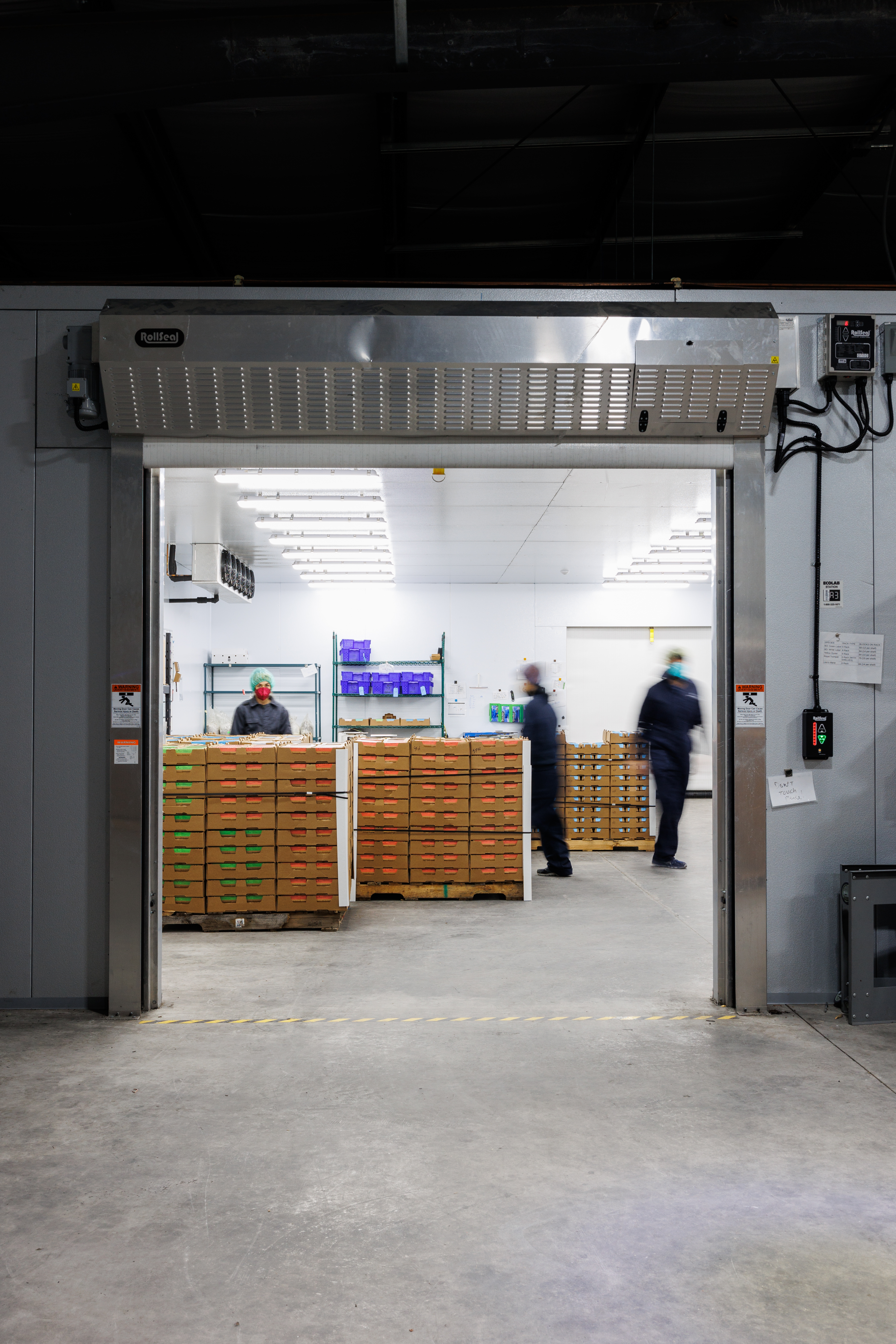

Smallhold

New York, United States
May 2023
Growing non-perennial crops
Agriculture/Growers
United States
Smallhold is a growing network of organic mushroom farms with operations in Brooklyn, Austin, Los Angeles, and beyond. Named one of Fast Company’s 2023 Most Innovative Companies, Smallhold is upending the traditional farming model. By operating urban farms in strategic regions, growing mushrooms on byproducts from other industries, and exclusively using compostable cardboard packaging, Smallhold reduces overall food miles traveled, improves product quality, and extends shelf life, all while drastically reducing carbon footprint, food waste, and plastic usage. Smallhold products can be found in top retailers across the country including Whole Foods Market, Central Market, Safeway-Albertsons, FreshDirect, Imperfect Foods, and Misfits Market as well as some of the nation’s most exciting restaurant kitchens. Full list of stockists and restaurants can be found here. You can also watch mushrooms grow onsite in Smallhold Minifarms found inside restaurants, grocery stores, and nonprofits. Smallhold prioritizes understanding the unique needs of each community they operate within. This has resulted in soil remediation programs, educational tours, food donation programs, artistic collaborations, and more. Local organizations interested in utilizing spent mushroom substrate for community
Overall B Impact Score
Governance 14.7
Governance evaluates a company's overall mission, engagement around its social/environmental impact, ethics, and transparency. This section also evaluates the ability of a company to protect their mission and formally consider stakeholders in decision making through their corporate structure (e.g. benefit corporation) or corporate governing documents.
What is this? A company with an Impact Business Model is intentionally designed to create a specific positive outcome for one of its stakeholders - such as workers, community, environment, or customers.
Workers 20.7
Workers evaluates a company’s contributions to its employees’ financial security, health & safety, wellness, career development, and engagement & satisfaction. In addition, this section recognizes business models designed to benefit workers, such as companies that are at least 40% owned by non-executive employees and those that have workforce development programs to support individuals with barriers to employment.
Community 13.5
Community evaluates a company’s engagement with and impact on the communities in which it operates, hires from, and sources from. Topics include diversity, equity & inclusion, economic impact, civic engagement, charitable giving, and supply chain management. In addition, this section recognizes business models that are designed to address specific community-oriented problems, such as poverty alleviation through fair trade sourcing or distribution via microenterprises, producer cooperative models, locally focused economic development, and formal charitable giving commitments.
Environment 40.0
Environment evaluates a company’s overall environmental management practices as well as its impact on the air, climate, water, land, and biodiversity. This includes the direct impact of a company’s operations and, when applicable its supply chain and distribution channels. This section also recognizes companies with environmentally innovative production processes and those that sell products or services that have a positive environmental impact. Some examples might include products and services that create renewable energy, reduce consumption or waste, conserve land or wildlife, provide less toxic alternatives to the market, or educate people about environmental problems.
What is this? A company with an Impact Business Model is intentionally designed to create a specific positive outcome for one of its stakeholders - such as workers, community, environment, or customers.
Customers 2.5
Customers evaluates a company’s stewardship of its customers through the quality of its products and services, ethical marketing, data privacy and security, and feedback channels. In addition, this section recognizes products or services that are designed to address a particular social problem for or through its customers, such as health or educational products, arts & media products, serving underserved customers/clients, and services that improve the social impact of other businesses or organizations.